Mexican Spirits: Going Beyond Mezcal and Tequila
When it comes to Mexican spirits, tequila and mezcal often dominate the conversation. These agave-based drinks have become global sensations, known for their rich flavors, deep cultural roots, and unique production methods. But Mexico’s distilling heritage is far more diverse than these two spirits alone. There’s a whole world of Mexican spirits waiting to be discovered, each with its own story, flavor profile, and cultural significance. Let’s explore some of these lesser-known gems that go beyond mezcal and tequila.
Sotol: The Spirit of the North
Sotol is one of the most intriguing spirits to come out of Mexico, and now with its Denomination of Origin it’s gaining recognition among spirits enthusiasts around the world. Unlike tequila and mezcal, which are made from agave, sotol is distilled from the Dasylirion plant, also known as the desert spoon. This plant grows wild in the Chihuahuan Desert, primarily in the states of Chihuahua, Durango, and Coahuila.
Flavor Profile: Sotol offers a distinct taste that sets it apart from other Mexican spirits. It’s often described as earthy, herbal, and slightly smoky, with a smooth finish. The flavor can vary depending on the region and the specific techniques used by the distiller, making each bottle of sotol a unique experience.
Cultural Significance: Sotol has been produced in northern Mexico for over 800 years, with indigenous peoples crafting it long before European colonization. Today, sotol remains a symbol of the rugged, resilient spirit of the northern Mexican states, particularly Chihuahua.
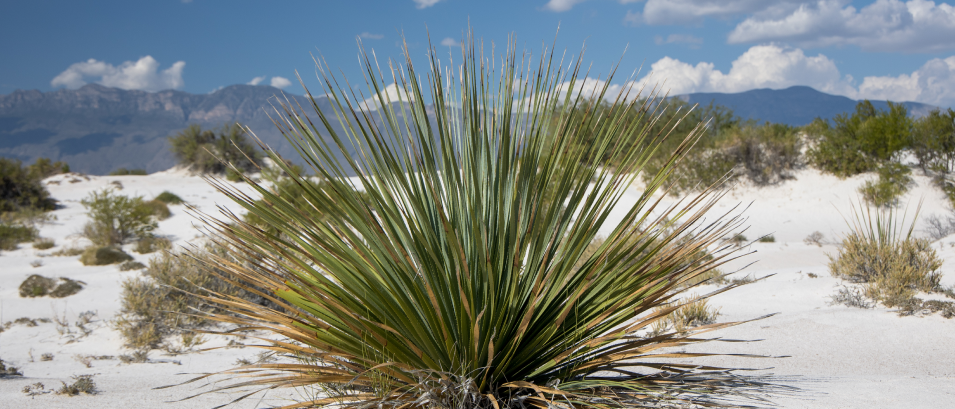
Raicilla: The “Secret” Spirit of Jalisco
Raicilla, often referred to as the “secret spirit of Jalisco,” is another agave-based drink that has been enjoyed in Mexico for centuries but only recently gained international attention. Produced primarily in the western regions of Jalisco and parts of Nayarit, raicilla is distilled from wild agave varieties like Agave maximiliana and Agave rhodacantha.
Flavor Profile: Raicilla’s flavor profile can range from sweet and fruity to earthy and smoky, depending on the agave used and the production method. It’s often compared to mezcal but tends to have a lighter, more floral character.
Cultural Significance: Raicilla was historically produced in small, remote communities, often in secret to avoid taxation by the government. This clandestine history gives raicilla a mystique that continues to attract curious drinkers today. The spirit is now gaining legal recognition, with artisanal producers bringing it to the forefront of the craft spirits movement.
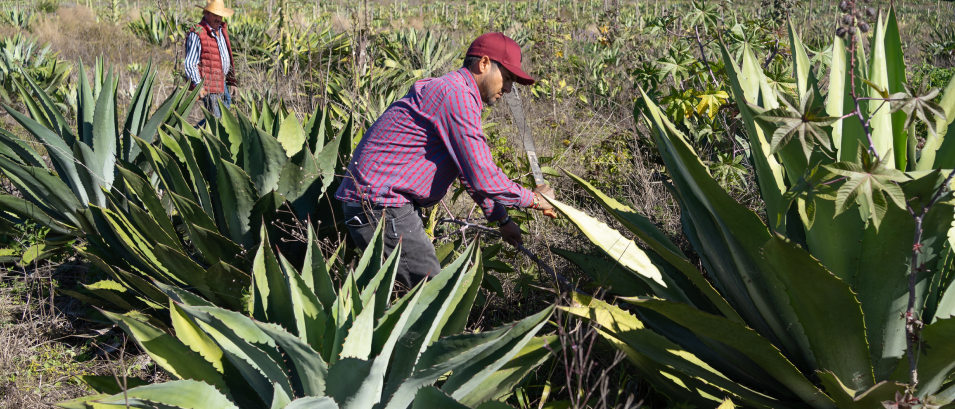
Bacanora: The Wild Spirit of Sonora
Bacanora is a traditional spirit from the state of Sonora in northern Mexico. Like tequila and mezcal, bacanora is made from agave—in this case, the Agave angustifolia variety. For over 300 years, bacanora was produced illegally in the remote mountains of Sonora, but in 1992, it was finally legalized, and today it enjoys a protected designation of origin.
Flavor Profile: Bacanora shares some similarities with mezcal, offering a smoky flavor, but it tends to be lighter and more refined, with a slight sweetness and a hint of peppery spice. The wild agave used in bacanora production contributes to its complex, vibrant taste.
Cultural Significance: Bacanora is deeply rooted in Sonoran culture, where it has been a part of local traditions for generations. The spirit is a testament to the resourcefulness of the people of Sonora, who crafted it in secret for centuries, preserving their unique distilling heritage.
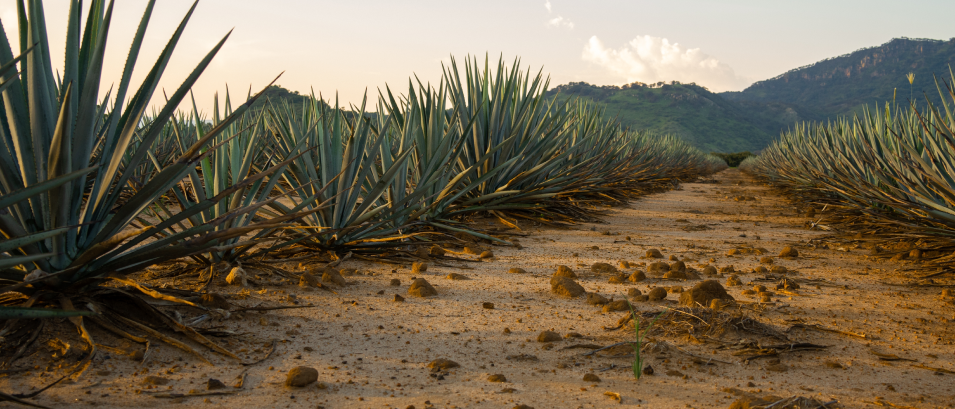
Charanda: The Sugarcane Spirit of Michoacán
Charanda is a lesser-known Mexican spirit that hails from the state of Michoacán. Unlike the agave-based spirits mentioned above, charanda is distilled from sugarcane juice or molasses, similar to rum. The spirit’s name comes from the Purépecha word “charan,” which means “red soil,” a reference to the rich, volcanic soil in the region where the sugarcane is grown.
Flavor Profile: Charanda’s flavor can vary widely depending on the production method and the aging process. It can be light and fruity, similar to white rum, or rich and complex with notes of caramel, vanilla, and oak, akin to aged rum.
Cultural Significance: Charanda is a reflection of Michoacán’s agricultural heritage, where sugarcane has been cultivated for centuries. The spirit is integral to the region’s cultural identity and is often enjoyed during local festivals and celebrations.
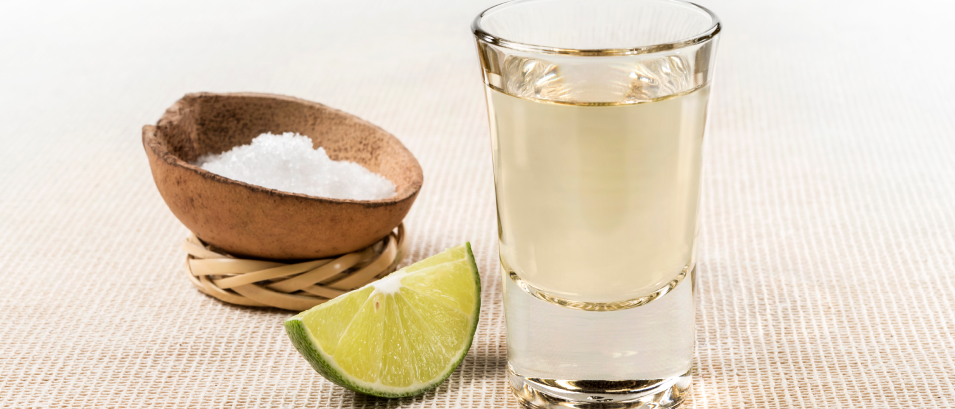
Pox: The Mayan Spirit
Pox (pronounced “posh”) is a traditional spirit from the highlands of Chiapas, rooted in the indigenous Mayan culture. It’s made from a mixture of corn, sugarcane, and wheat, and has been used in religious and medicinal practices for centuries.
Flavor Profile: Pox has a warm, slightly sweet flavor with hints of grain and a smooth finish. It can be enjoyed straight or used as a base in cocktails, offering a unique alternative to more common spirits.
Cultural Significance: In Mayan communities, pox holds deep spiritual significance and is often used in rituals and ceremonies. It’s considered a sacred drink that connects people with their ancestors and the divine. As interest in traditional and artisanal spirits grows, pox is beginning to gain recognition outside of Chiapas as well.
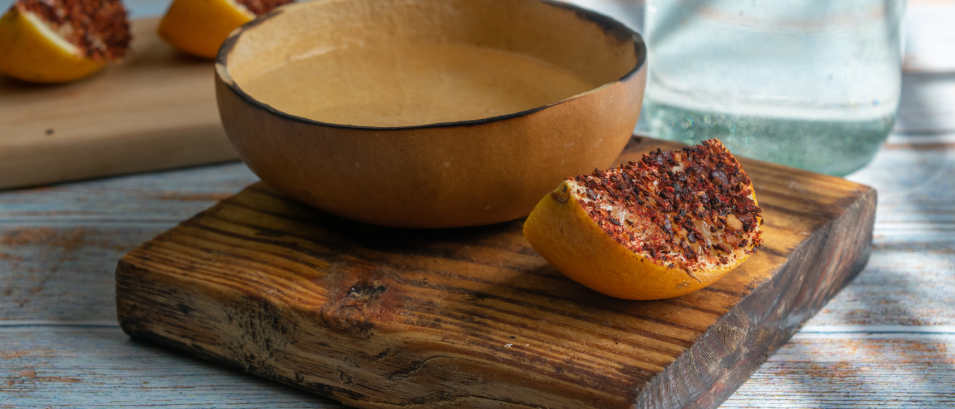
Conclusion
While tequila and mezcal may be the most famous Mexican spirits, there’s a rich and diverse world of flavors to explore beyond these two. From the earthy complexity of sotol to the sweet notes of charanda, each of these spirits offers a unique taste of Mexico’s cultural and natural landscapes. By expanding your palate to include these lesser-known spirits, you can discover new favorites and gain a deeper appreciation for Mexico’s rich distilling heritage.
So next time you’re in the mood for something different, why not reach for a bottle of sotol, raicilla, bacanora, charanda, or pox? Each sip is a journey into the heart of Mexico, offering a taste of tradition, history, and the spirit of the land.
